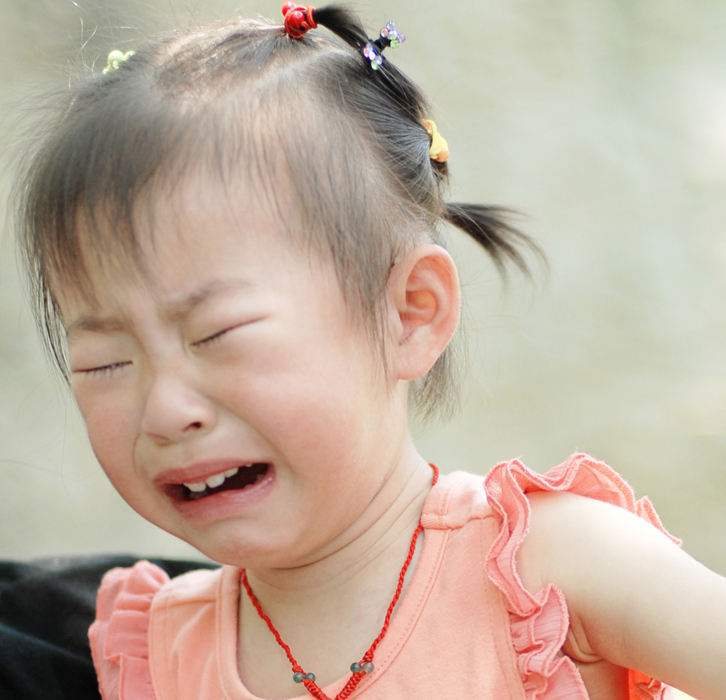Thoughts from the Board: Nancy Spoolstra
by: Nancy Spoolstra, Founder
I nNancy Spoolstraever cease to be amazed at where, how and when conversations arise about kids with attachment or trauma issues. I seem to be going through business cards lately at a pretty good clip.
Lessons Learned — Less Chores, More Backgammon
by: Craig Peterson
My oldest son hated chores. Even the mention of the word set him off!
IMG_1235[1]No wonder. Before being adopted, he was regularly told to not only watch his five younger siblings but also clean the family apartment.
Although he tried – and he did try — his step-father was never pleased with his effort and used the opportunity to beat him before taking his anger out on my son’s mother.
Tuesday Toolbox: Bedtime and Sleep Issues: Part I
By: Jennie Murdock
I believe in serendipity…..”an aptitude for making desirable discoveries by accident”. As I was preparing to write this, my first post on sleep issues, I opened a recent “MindHealth” report by Dr. Gary Small. In it he was addressing the issue of “masked depression” and all of its tell-tale signs. The report reminded me that for sure, most of the children we parent and treat in therapy with serious attachment issues have that masked depression which most assuredly affects their sleep.
Lessons Learned – Understand Attachment Even Before the Placement Begins
By: Craig Peterson
Two Little BoysAlex and Travis are biological siblings. In 2001, they needed a home. One was nine and the other ten.
I wanted to help. I felt called.
Since I had done well with my first four children – all diagnosed with Fetal Alcohol Syndrome, I thought these two would be easier to parent. Both were high functioning and personable.
Jenny Kendal Interview: Looking at Charter & Virtual School Options
October 10, 2014 by: Lorraine Schneider This interview was part of the ATN Summit on Educating Traumatized Children (Day 8). Jenny Kendal: Looking at Charter & Virtual School Options Choice, choices and more choices. We have traditional public brick and mortar schools. We can choose a private school. We can homeschool.There are magnet schools and […]
Bob Burroughs: School in an Attachment-Focused Residential Program
October 9, 2014 by: Lorraine Schneider This interview was part of ATNs Educating Traumatized Children Summit (Day 10). Bob Burroughs, PhD: School in an Attachment-Focused Residential Program First, do no harm. That’s what Bob Burroughs, head of the school at CALO says. We would all agree with him. Right? No one wants to harm our […]
Reactive Attachment Disorder (RAD)

Currently, Reactive Attachment Disorder (RAD) is the diagnosis associated with attachment impairment. There is little research available as to the prevalence of this disorder, but there are thousands of children who have been impacted by trauma and exhibit many of the symptoms that are part of the definition below. Some children are diagnosed with PTSD […]
What are Attachment Disorders?
Children who have had breaks from their primary caregiver, unmitigated pain, abuse, neglect or in other ways have not had their needs met can often be impaired in their ability to develop healthy emotional attachments. This is currently called by many names, such as insecure attachment. These less-than-healthy ways of attaching are often not diagnosed as […]
Real Illusion
By: Marc Deprey
Perhaps our suffering is a wake up call that our investment in what we call reality—feelings, forms—is misplaced. We are more than just individual life, but life itself. I’m always struck with the limitations of language and the assumptions inherent within. Words relate to the experience of physical reality. Yet much of what words mean is metaphorical. You see a tree and call it such, but what is the reality of a plant that is connected to the ground and the air and sun for food? At an atomic level there is no “place” where the “tree” starts and the “not-tree” begins. Atoms are 99.9% space. What we see are merely vibrations that seem like dense forms.
What’s in a Name? Part 2 – To Label or Not to Label
By: Julie Beem
“You don’t want her labeled for life.” This sentence is usually spoken by your child’s grandparent (out of sheer concern for you and your family) or by a school official (who may be trying to block access to special education services). Either way, crossing the threshold into “labeling” your child is a difficult thing for many.